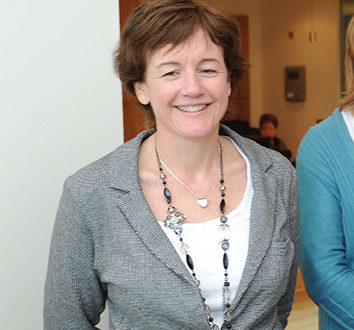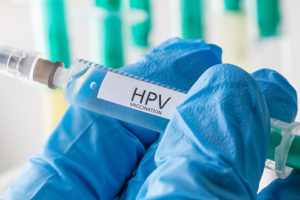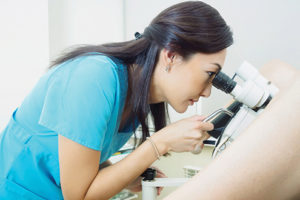CervicalCheck hopes to be among the first screening programmes in the world to switch to using primary human papillomavirus (HPV) DNA testing instead of the conventional Pap smear.
At the request of the National Screening Service (NSS), the Health Information and Quality Authority (HIQA) will begin a health technology assessment (HTA) before the end of the year to assess the clinical and cost-effectiveness of the switch.
Clinical Director of CervicalCheck Dr Grainne Flannelly told IMT that it was important to consider the change now because the population of women eligible for screening would change in the coming years. The first cohort of women who received the HPV vaccination as part of the catch-up programme in 2011 will turn 25 in 2018.
“If you apply cytology to women who have been vaccinated, you still get the same number of abnormal smears, but the percentage of high-grade CIN in those women is really low. The predictive value of the cytology is actually affected by the population,” Dr Flannelly said.
The NSS wants to examine the possibility of doing a HPV test first and using cytology as a secondary test to identify women who need further monitoring or colposcopy, effectively changing the order of the tests. “In practical terms, a woman would go to her GP and have exactly the same test and the laboratories would do the tests in a different order,” she explained.
Although terms of reference have yet to be decided, it is expected the HTA would also consider a change to the screening interval.
International evidence suggests that a negative HPV test confers greater protection from the development of CIN3 in the following five years. It may also consider whether any changes to the screening interval should apply to particular age groups, and whether the exit age should change.
Dr Flannelly said the HTA would also look at what other modifications might be required to improve risk assessment, as up to 20 per cent of women aged 25-30 would test HPV positive, but they would not all need to be sent for colposcopy.
The incidence of high-grade CIN in women who had a positive test was as low as 5 per cent, she added. “Having a HPV infection is neither here nor there, irrespective of the type. It is a persistent infection that you do not want.”
HIQA is due to start work on terms of reference in November. An expert advisory group will be formed and the process is expected to take six to eight months.
By Niamh Mullen
niamh.mullen@imt.ie
 Irish Medical Times Medical News for Healthcare Professionals
Irish Medical Times Medical News for Healthcare Professionals







